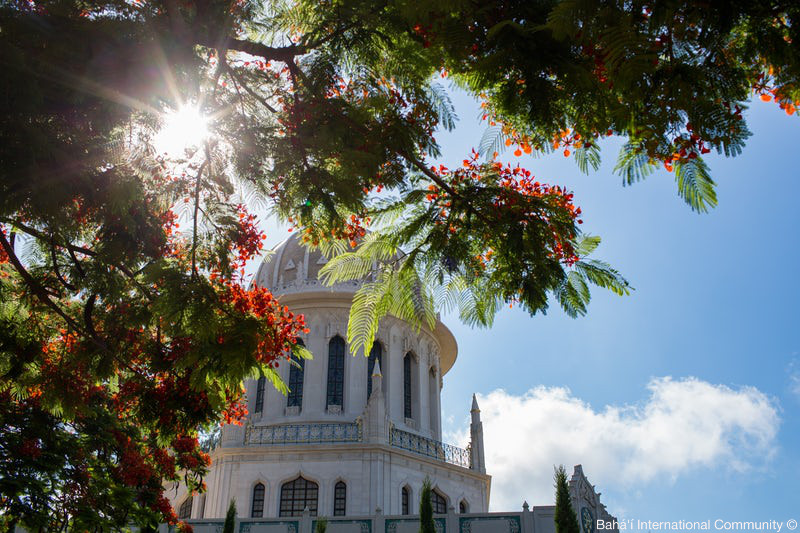The Bahá’í Fast
The Bahá’í month of fasting falls during the month of Alá or Loftiness. This nineteen -day fast is preceded by four Intercalary Days (five days in a leap year) or Ayyam-i-Ha, dedicated to giving and hospitality. The end of a nineteen-day fast ushers in a New Year or the Feast of Naw-ruz. Thus starting another year of the Bahá’í Era (BE), which is counted to have begun on 20 March 1844, the year in which the Báb declared His Mission.
During the period of fasting, Bahá’ís who are fifteen years old and above abstain from food and drink from sunrise to sunset. Bahá’ís who are over 70 years old may need not fast.

Shoghi Effendi refers to the period of fasting as “essentially a period of meditation and prayer, of spiritual recuperation, during which the believer must strive to make the necessary readjustments in his inner life, and to refresh and reinvigorate the spiritual forces latent in his soul. Its significance and purpose are, therefore, fundamentally spiritual in character. Fasting is symbolic, and a reminder of abstinence from selfish and carnal desires.”
'Abdu'l-Bahá talks about the fast as “an outer token of the spiritual fast; it is a symbol of self-restraint, the withholding of oneself from all appetites of the self, taking on the characteristics of the spirit, being carried away by the breathings of heaven and catching fire from the love of God.”